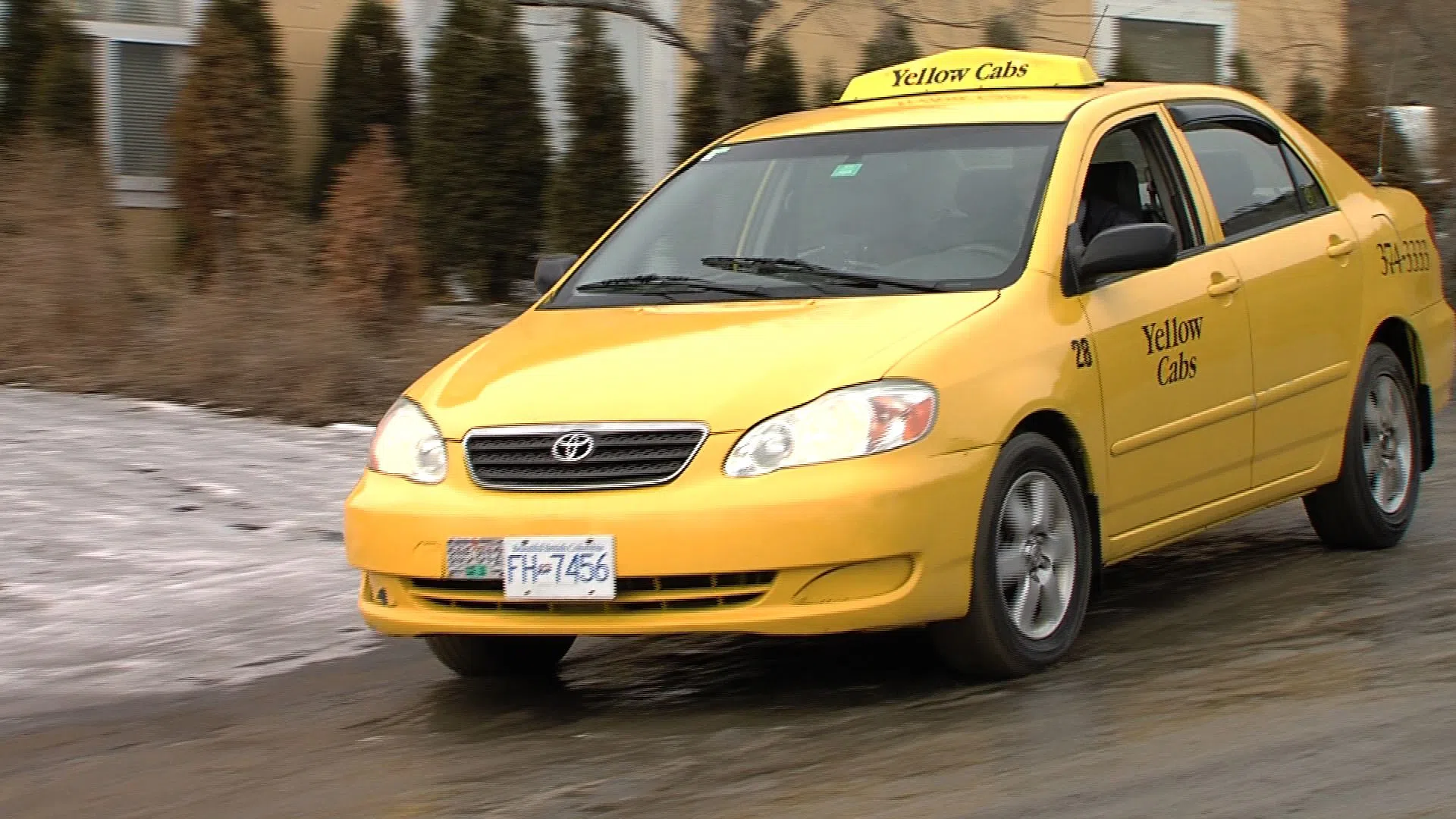
Province’s attempt to save taxi industry from Uber falls short for drivers
KAMLOOPS — Earlier this week, the provincial government announced Uber will be hitting Vancouver streets by the Christmas season, with Edmonton, Montreal and Toronto among the six Canadian cities that have already given the green light to the ride-sharing program.
Uber is an app that allows you to reserve a ride on your smartphone from another ride-sharing driver.
It’s an alternative to taking a taxi and in recent years it’s popularity has exploded around the world.
In Kamloops, Yellow Cabs owner Abdul Rasheed wonders how busy his 42-car fleet will be once Uber arrives in B.C.


